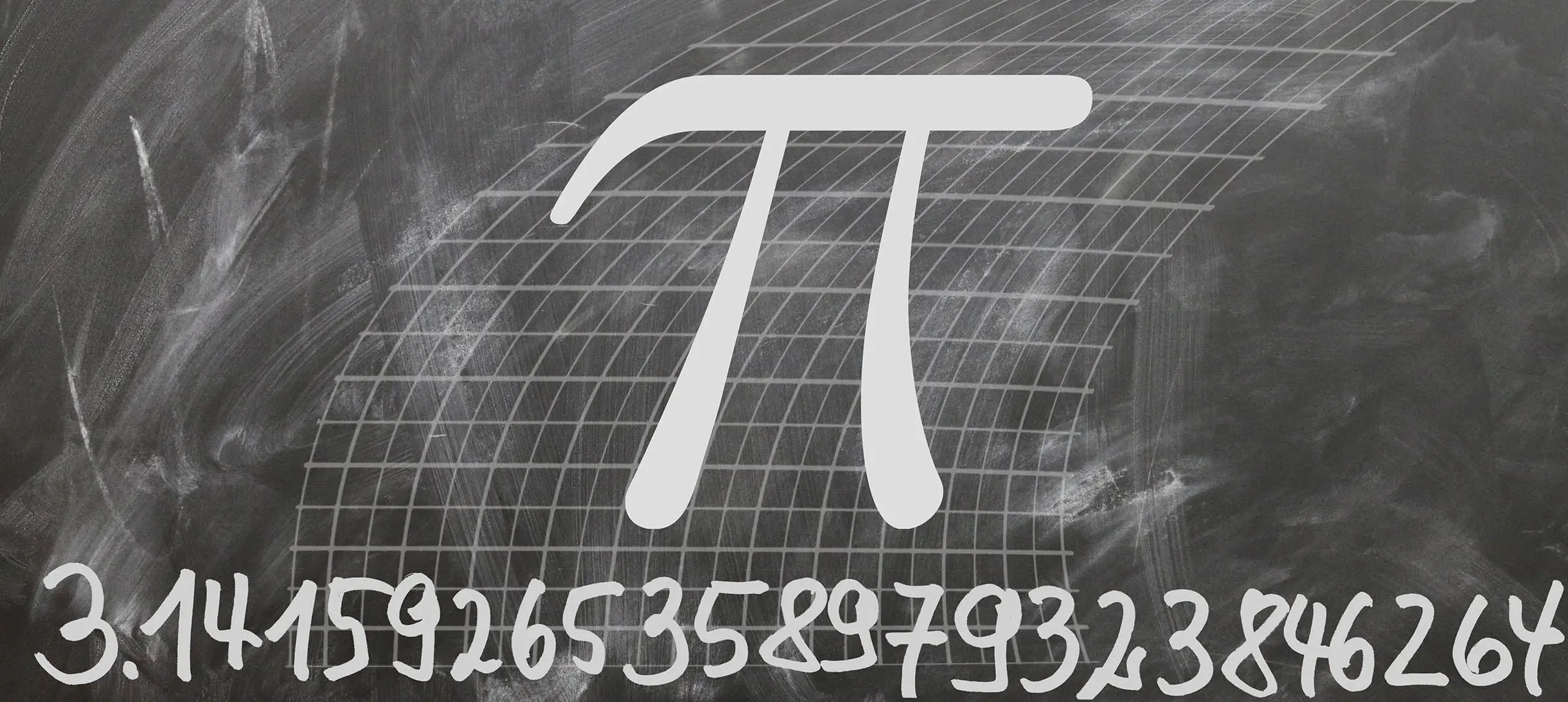About this Masterclass
The special number pi (π) is a world-famous mathematical constant. Pi, approximately equal to 3.14159..., was originally defined as the ratio of a circle's circumference to its diameter. Many other remarkable properties are assigned to pi that have long fascinated people the world over, including being an irrational number (infinite digits and non-repeating). This number is both useful and beautiful, and the search for patterns within the digits of pi can be highly satisfying and occasionally frustrating.
The aim of this workshop is to investigate pi and its relationship with circles, putting the original definition of pi to the test. Students go on to use pi as a tool to explore the concept of randomness through a detailed investigation of some of the digits in the infinite string that follow the decimal point. This is an excellent introduction to pi, randomness and probability.
Length: 2 hours (see the session leader notes for ideas on how to shorten the Masterclass).
Resources needed
- 'The special number pi' presentation (download from "Supporting documents")
- Student worksheets and excel spreadsheet (download from "Worksheets")
- Session leader notes (download from "Supporting documents")
- Paper and pencils
- Counters, beads or blocks (e.g. multilink), including one white counter (or equivalent) per pair OR use “people maths” (see session leader notes)
- Collection of circular/cylindrical objects. Ideally ranging from small circles through to larger circles (e.g. paper plates, cups, hula hoops, bicycle wheel, Frisbee, containers, tins, coasters, waste bin etc. Encourage children to look for further examples in the classroom)
- For measuring larger circular objects: tape measures OR lengths of string about 60/70cm; several metre rulers; and a few longer lengths of string/tape measures for larger circles, if needed
- 30cm rulers
- Highlighters or coloured pencils/pens
- Computer and data projector, and access to internet to show numberphile video and use “my piday” website
Further details of quantities etc. can be found in the session leader notes, along with things to prepare in advance.
Supporting documents
All supporting notes, worksheets and solutions can be downloaded from this page along with the Powerpoint presentation.
The Session Leader Notes offer full notes on the activities and a detailed list of resources, including quantities needed.
The Session Helper Sheet can be distributed amongst helpers so they can better support the students.
Ask the Ri
You can collect any student questions and email them to the Ri Masterclass team at masterclasses@ri.ac.uk - we will endeavour to answer them before the next Masterclass in your series.
Masterclass series support
For more information on running a Masterclass series and the support, templates and other resources available to you, please get in touch via masterclasses@ri.ac.uk.
